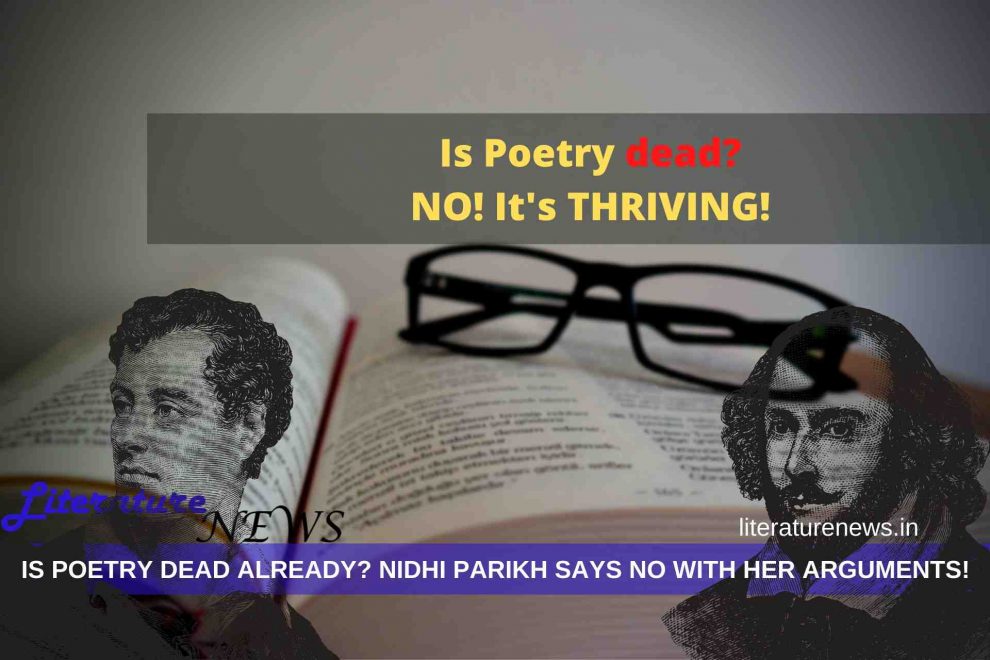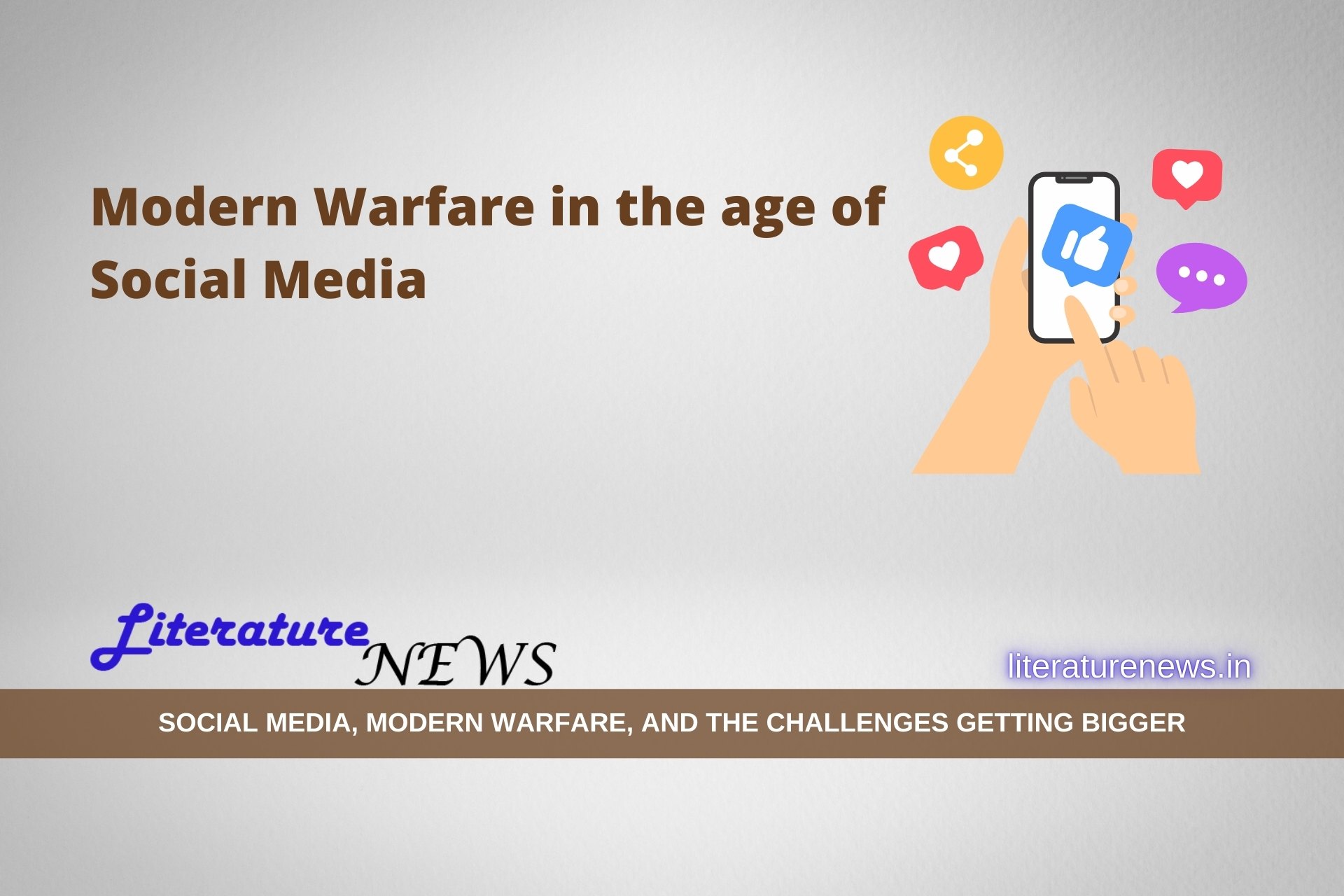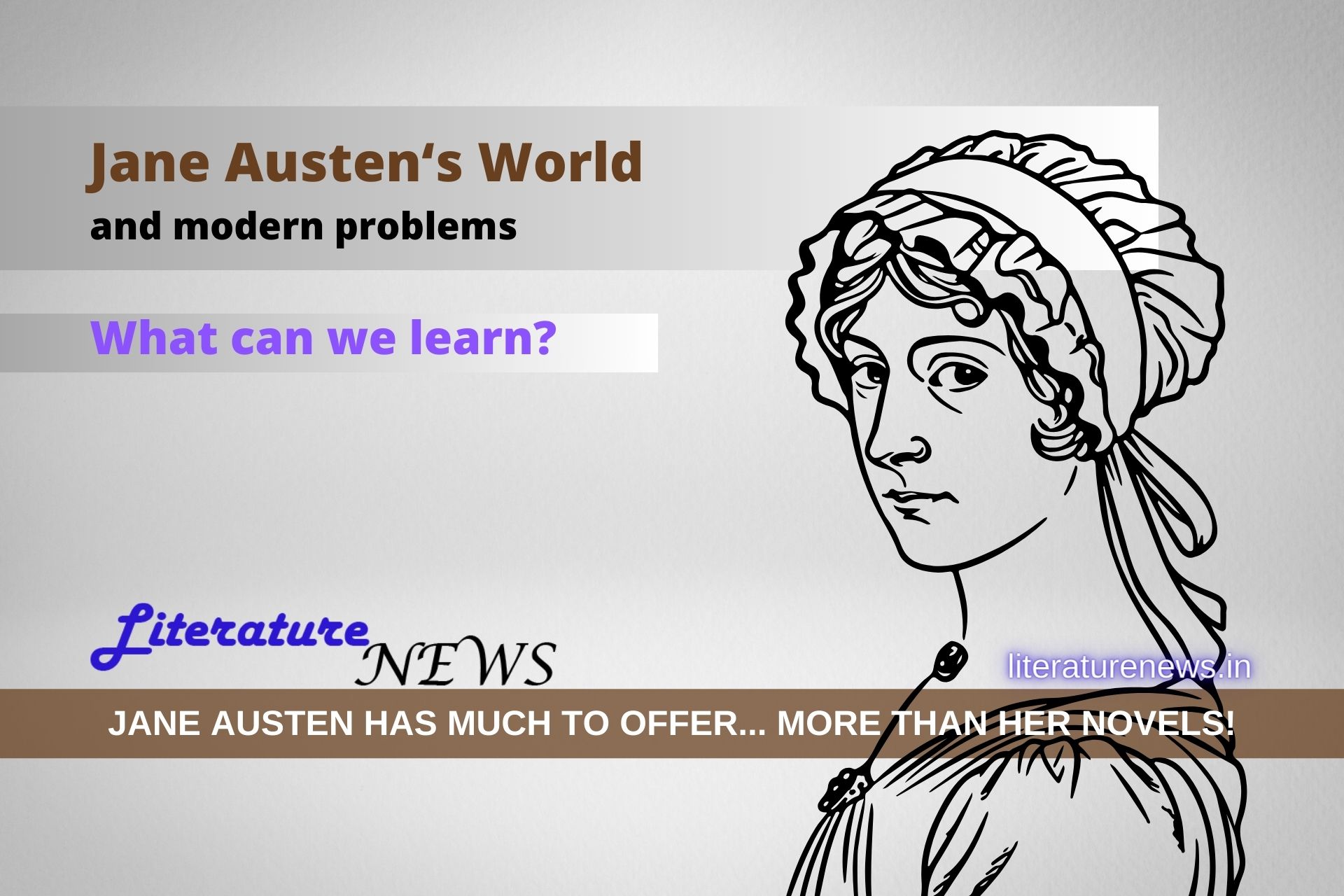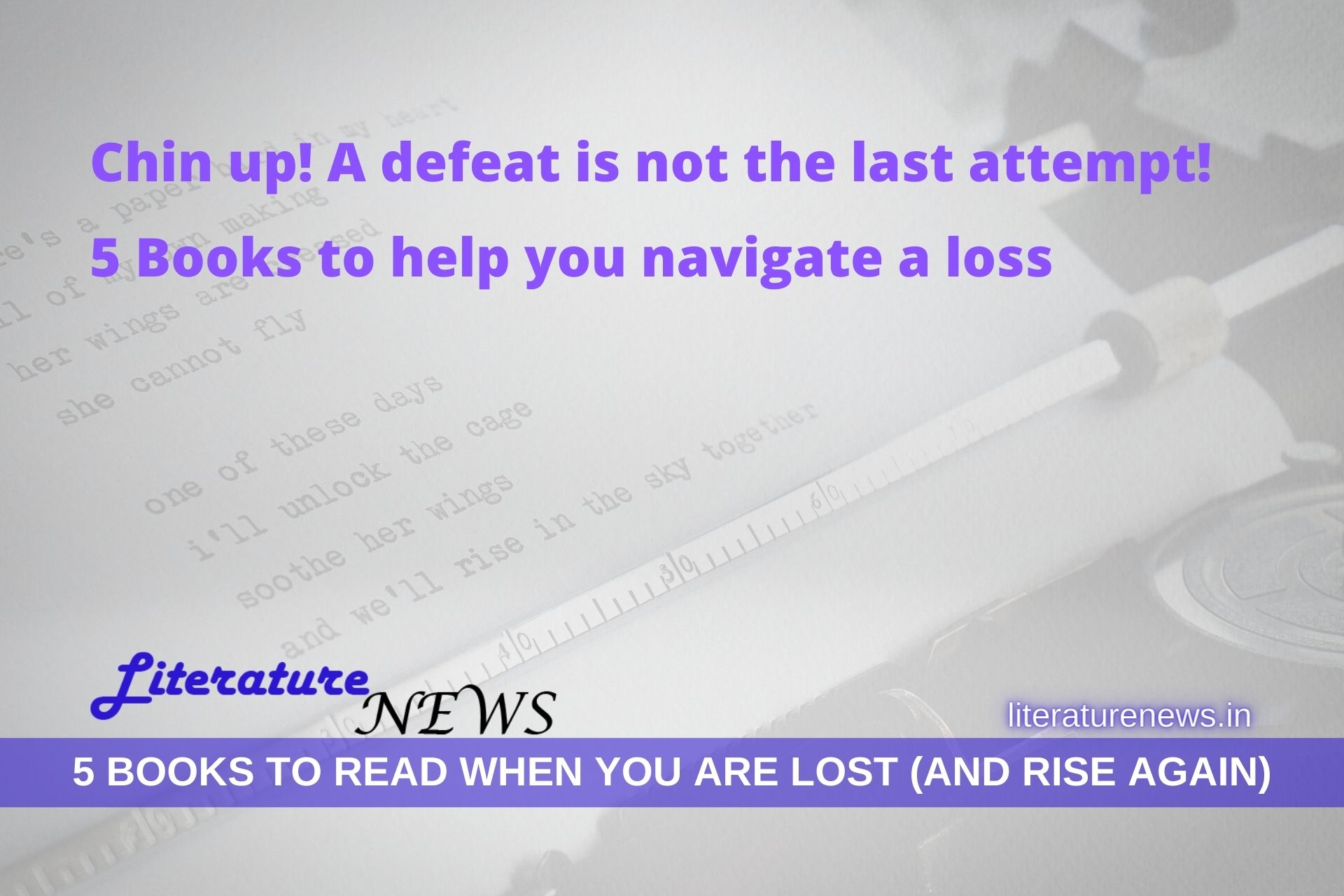Poetry has been around for thousands of years. Being a prominent art form, poetry has been evolved with the culture, employed as a tool to look back into the history to easily memorise gone times and gone people, to convey vital information or messages and to exchange thoughts, ideas, images, and dreams with people. It has seen many civilizations getting changed and advanced over time and so it too had to transform itself with the transition. From epic poetry of 18th century B.C. to Instapoetry of 21st century, poetry has gone through varied changes, in its form, style, presentation and purpose. However, always been a part of mainstream popular culture perhaps since its evolution, is poetry dying or at least declining – in the lap of 21st century – gradually becoming feebler with each day passing? We will ignore English literature, Hindi literature, Sanskrit literature or any literature in any language for now and we will focus on the very idea of poetry in this article. I believe that poetry is independent and it has its own existence even without the concept of a body of literature in any particular language. When oral poetry existed, there was no existence of an orderly form of oral literature per se. Therefore, let’s talk about poetry itself.
Whether poetry thriving, declining or on life support, struggling for breath, is a constant unending debate going on for almost two decades worldwide. Numerous research works have also been done on the status and existence of poetry and a multitude of papers has been published, but the confusion still prevails. Though we cannot deny all that has been claimed, there is a fundamental question that needs to be asked. Can thousands of years old heritage be dead? Is it actually possible? No!
You will enjoy reading: Why reading poetry is good for you?
Due to advancement in the means of entertainment, certainly, the readership of poetry has been narrowed to an extent. But here we have to acknowledge that such advancements also plunged novels’ readership. Hence, it cannot be said with conviction that poetry has been dying or its readership has been dying slowly. Poetry is very much there and will always be. Only its form seems to have changed. Poetry is like an energy form, released with a force that strikes the readers. And therefore, just the form of this energy has changed from intensely forceful to mildly forceful and it has reached to the average readers with ease. It is naturally acceptable that today’s generation cannot comprehend George Chapman’s Homer or Aeneid by Virgil or even the complete interpretations of Milton’s Paradise Lost or Lycidas. T. S. Eliot’s The Waste Land or the Ramayana in all its glory and beauty, Meghduta in its magnificence or even Rashmirathi in all its embellishments and decorated metaphors… And so, many poets have tried to simplify poetry for the common readers and ordinary people who don’t have too much literary awareness which is usually required to decipher meanings hidden in poetry. The simplified form of poetry makes sure that the readers can comprehend it without being too perplexed. Furthermore, casual or occasional readers, willing to read poetry, prefer only those poems with which they can easily connect without sparing much time.
Poetry has seen many ups and downs like the stock market. Despite the presence of renowned mainstream publishing houses, lately, there are only a few small publishers who are willing to publish poetry because of declining sales volume and realisations. Can the popularity of poetry be measured by the number of books sold? Over the past few years, poetry is more broadly enjoying a revival with the growing penetration of social media wherein serious poets are shifting from traditional mediums and leading the charge of online platforms to reach to a wider audience. Poetry is seeing new revolution as people’s appetite to consume poetry is rising steadily with the online popular poetry collections like Rupi Kaur’s Milk and Honey and R.H. Sin’s Whiskey, Words and a Shovel I. Instagram poetry or Instapoetry or more broadly online poetry has transformed the way readers think, see and react through poetry. And, to say the least, it has changed the game of poetry to a large extent.
On the other hand, increasing traction of open-mic culture and poetry societies have broadened the horizon for young as well as vernacular poets by easing their problems of a viable platform for their passel of poetry, followed by their struggle to get their poems read by literary editors. Also, reciting poems to live audience gives them a chance of getting instant feedback and criticism which may further help them polish their poems up to a shine. With all this happening around, can one be so cynic to claim that poetry has died?
I will only wonder with a smile on my face (that I assume many other lovers of poetry would have on their lovely faces) if I hear someone say that poetry is dying or is already dead or even it will eventually die. Poetry did not die when there were no pen and paper. Poetry did not die once Home wrote. Poetry did not die when Valmiki composed Ramayana. Poetry enjoyed the luxury of telling the world about the incarnation of God in the form of Krishna and Ram in India. Poetry was very much in its glorious form when Tulsidas took his quill and composed Ramcharitmanas. Poetry was sitting on the drops of ink oozing from Shakespeare’s pen when he composed the powerful blank verse and wrote the best of the English stage tragedies. Marlowe’s immensely decorated and vehement forceful lyric or T. S. Eliot’s ‘measure the world in its destruction’ attitude had poetry smile many a time. Shall I say poetry has declined? Never! We may certainly sit together and debate whether the quality of poetry is changing over time. However, there is no seriousness when we say that poetry is dead. Even the readership that poetry enjoys is not dead. It has increased with the dawn of the internet and anybody can be a published poet attitude. So, I rest my case (for now) with a statement that poetry shall never die!
Written by Nidhi Parikh for Literature News






Add Comment